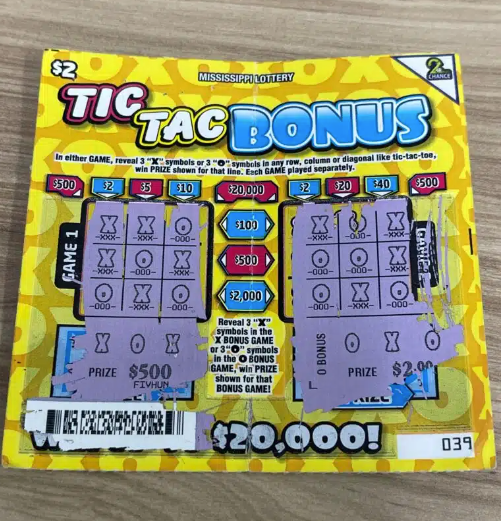Estes family learning how to recover from near drowning
Published 12:01 am Sunday, December 21, 2014
“For weeks I didn’t share it with anybody,” she said. “Jamie shouldn’t have been able to survive, to come off the ventilator. He shouldn’t be here.”
But Jamie defied the odds.
Almost immediately he started tracking movements with his eyes when he was taken off of medical sedation. He was able to breathe, and though the injury presented serious challenges, he was able to leave the hospital much earlier than other brain injury patients.
“Usually someone who has a similar injury is in the hospital for a month or months,” Kim said. “But he was doing well, and with my knowledge, I knew we had the resources to care for him properly.”
Back to land
Going home was a lot like bringing a newborn baby back into the house, Kim said.
Jamie couldn’t control his movements and had no way to communicate beyond screaming. The muscles in his arms and legs curled tight against his body, drawing his limbs in, and he couldn’t swallow. All feeding — which, along with medicine, was required every few hours, day and night — was done through a tube installed directly into his stomach.
Brain injury victims often do something called “sympathetic storming,” during which their blood pressure shoots up and they start to shake and cry. Jamie did a lot of sympathetic storming and needed a lot of comfort in the early days.
“It was a little scary, because there was a lot of care involved,” David said. “But it was also a good feeling to have him home, in an environment where he could relax, where they weren’t poking him all the time.”
Jamie slept on a hospital bed in the family living room and started thrice-weekly physical, occupational and speech therapy sessions. Because he was so young, no one knew what to expect for recovery.
All they had was hope.
And hope can be a funny thing. Sometimes you have to sit on it, waiting.
But sometimes you don’t.
Jamie’s therapists started focusing on leg and arm control, purposeful movement and eating. While the therapists were reserved in their praise, David said he could tell they were pleased with the progress.



